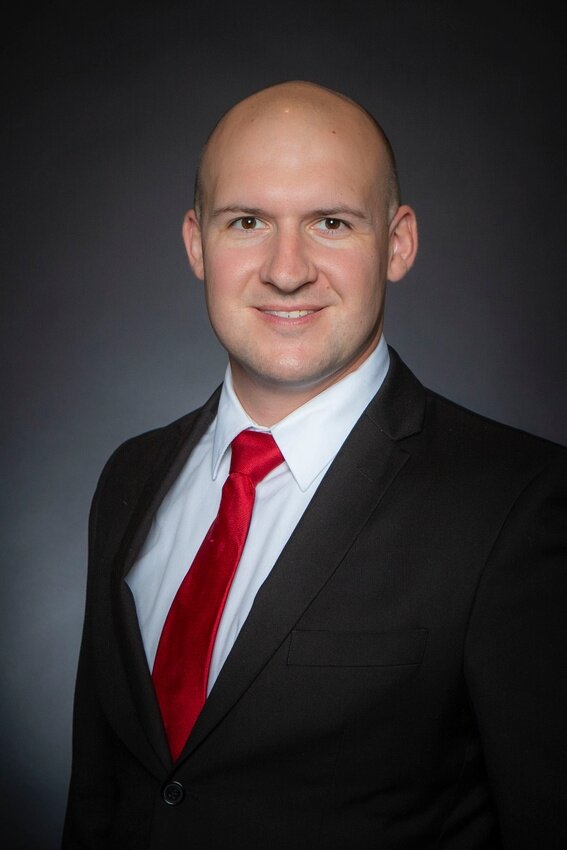Ad Veritas: A Power Higher Than Politics
Saturday’s attempted assassination of Donald Trump prompted immediate and much warranted discussion about political violence. Political tension and divisiveness in America is only getting thicker as election day draws near.
I think this brings up a good opportunity to consider how unique a country we are, where most major political actors will outright condemn political violence, even if it seems to be working on behalf of their party. Throughout most of history, political violence has been the norm, not the exception. Political regimes through history show us a long train of one regime, dynasty, family, etc. that overpowered their predecessors through violence and force and held on to their power with an iron grip until it was forcibly taken away from them. And, if you’re in a society without a foundation based on something greater than political divisions, this only makes sense. How could it be any different?
If your preferred political party and system of government is the measure by which all other things are measured against, why wouldn’t you be willing to go to the extremes of violence to protect it against whatever threatens it? Similarly, our humane treatment of noncombatants and prisoners of war in war reflects a higher moral standard. Throughout most of human history, the victorious group either massacred or enslaved the conquered people, who in this case were sometimes happy to serve as slaves since it is the only alternative to execution. Prisoners of war were tortured without hesitation, especially if there was a chance that they might have useful information to give up. And, once again, if your tribe or national identity is the highest power in your life, this behavior only makes sense.
The only odd situation in which people can live together in some level of peace and harmony, despite disagreeing on who the leader should be and many other things, is to have a common respect for something greater than politics. Yes, even greater than democracy.
I’m referring to God and the Biblical principles our nation was founded on. Our founders laid the groundwork for this nation based on the principles of Democracy and equal treatment under the law, with specific limitations placed on governmental power primarily as a means to enforce religious liberty. This was not to give people freedom from God, but freedom for God – to pursue a just relationship with him based on the principles given in the Old and New Testaments. While some Founding Fathers were devout Christians, others identified as Deists. Both groups, however, valued the moral teachings of the Bible. They believed in a divine creator as the only possible means of our existence here and sought to serve him by learning and respecting his laws as are evident in nature. Thomas Jefferson believed that the natural laws of God could only be found in nature, and therefore despised the gravitation of the American economy and population into urbanized areas as the early cities grew. One can indeed learn a lot about our Creator by observing and studying his creation. The only way to understand his will for us, however, is through his Word. And while some of America’s founders did not claim to be Christians, they studied and understood the teachings of the Old and New Testaments more than many of us Christians do today. And these teachings provided the basis for their behavior and worldview.
Some revolutionaries were concerned about potentially violating God’s instructions in Romans 13 when revolting against the crown. Others, like Jefferson, found comfort in the belief that there are certain “unalienable” rights that are given to men by God, and should not be tampered with by man. Among these, you’ll remember, are “life, liberty, and the pursuit of happiness.” Jefferson continued to say in the Declaration of Independence that “in order to protect these rights, governments are instituted among men.
According to this logic, Great Britain had given up its right to govern since it was not doing what God created governments to do. This idea can essentially be summed up in this phrase: the role of government is to protect the weak from the strong, who would unjustly exert their power over the week if given the opportunity. From here we could easily launch into a discussion about the abortion debate in America (not necessarily whether it is right or wrong, but should our government enact laws prohibiting the killings). But I’ve nearly used up my available space so that discussion will have to wait.
To wrap up this discussion, I’ll simply say that while it is tragic that some in our country have resorted to political violence, we should be grateful that this sort of thing doesn’t happen more often. There really isn’t much the Secret Service or anyone else could do if someone or an organized group of people in America decided to harm a president, former president, congressman, etc. The fact that we don’t hear of political violence every day is a testament to the fact that our nation and culture are founded on the solid ground of Biblical philosophies regarding the sanctity or human life, the role of government, and many other concepts. Our society, like an ungrateful teenager or the Biblical example of the Prodigal Son, turns away from this foundation towards its own demise.
Lets take a moment to be thankful for the wonderful country we live in, even if all is not quite as it should be.






